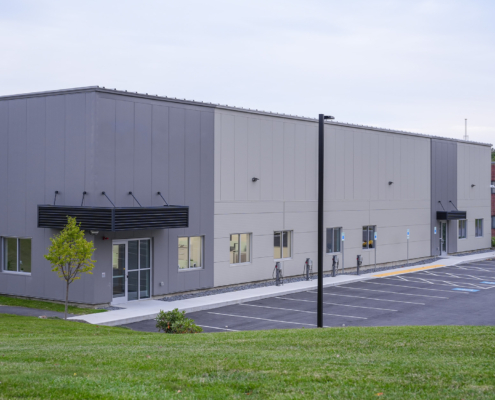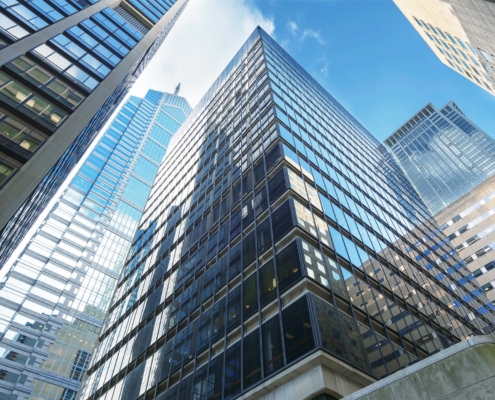 https://www.hokansoninc.com/wp-content/uploads/2025/01/How-to-Foster-Collaborative-Owner-Tenant-Relationships.jpg
1250
2000
AbstraktMarketing
/wp-content/uploads/2022/10/Hokanson-Logo-Color-SVG-V2.svg
AbstraktMarketing2025-01-09 08:39:222025-01-14 14:42:42How to Foster Collaborative Owner-Tenant Relationships
https://www.hokansoninc.com/wp-content/uploads/2025/01/How-to-Foster-Collaborative-Owner-Tenant-Relationships.jpg
1250
2000
AbstraktMarketing
/wp-content/uploads/2022/10/Hokanson-Logo-Color-SVG-V2.svg
AbstraktMarketing2025-01-09 08:39:222025-01-14 14:42:42How to Foster Collaborative Owner-Tenant RelationshipsWhat to Include in Your Real Estate Property Due Diligence Checklist
Thorough due diligence is essential when embarking on a real estate development project to avoid costly surprises. A well-structured commercial property due diligence checklist helps ensure you’re fully aware of potential risks, site conditions, and regulatory requirements before moving forward. From environmental factors to utility availability, having the right information at hand is key to making informed decisions and securing the success of your project.
In this blog, we’ll outline the critical elements every real estate property due diligence checklist should include.
Understanding the Importance of Due Diligence in Property Development
Conducting thorough property due diligence is crucial for the success of any development project because it helps identify potential risks, avoid costly mistakes, and ensure regulatory compliance. By evaluating every aspect of the property—such as soil conditions, utility availability, zoning regulations, and environmental factors—developers can make informed decisions and mitigate unforeseen challenges.
This careful process minimizes the risk of financial loss, delays, or legal issues. It ensures the project is completed within budget and on time, ultimately contributing to the development’s overall success and sustainability.
Creating Your Commercial Property Due Diligence Checklist
Before moving forward with a commercial property development project, a detailed property due diligence checklist is essential for identifying potential risks and ensuring that the property meets all regulatory, environmental, and logistical requirements. This checklist helps developers avoid costly surprises and provides a smooth, efficient development process.
Let’s explore the critical elements that should be included in any commercial property due diligence checklist for your real estate project’s success.
Police and Fire Services
The proximity and availability of police and fire services are critical considerations for ensuring the safety and security of your commercial development. Being located near reliable emergency services helps with safety compliance and reassures future tenants and investors. Additionally, insurance rates can be affected by how well-served a property is by local emergency services, making this a vital part of due diligence.
Local Consensus on the New Development
Community sentiment toward new development can significantly impact your project’s success. Engaging with city planners and community groups early in the process can help gauge local attitudes. A supportive community can ease the permitting process and future operations, while opposition could result in delays, protests, or zoning restrictions. Proactively addressing concerns and understanding the local environment will help mitigate potential challenges.
Endangered Species Presence
Determining whether the property is home to any threatened or endangered species is critical. If such species are found, developers may face legal restrictions, environmental assessments, or mandatory conservation measures that can delay or alter project plans. It’s essential to conduct environmental surveys early to identify any potential hurdles and ensure that the development complies with federal and state wildlife regulations.
Frontage and Depth Relative to the Roads
Frontage and depth relative to roads are critical factors in determining how accessible and visible a property may be. A property with sufficient frontage makes transportation and logistics smoother, whether it’s for clients, suppliers, or employees. Properties with ample depth can better accommodate parking, delivery areas, or expansion. Evaluating this aspect can also help ensure compliance with setback requirements and city planning guidelines.
Soil Boring Analysis
A soil boring analysis is an essential step in understanding the geological conditions of the land. This process involves drilling into the ground to collect soil samples, which are then analyzed to determine if the soil can support the proposed structures. Issues such as soil stability, contamination, or the presence of bedrock can affect the feasibility and cost of development. Skipping this step could lead to costly surprises like foundation failure or extensive site preparation.
Available Utility Capacity
The availability and capacity of utilities, including water, electricity, gas, and sewage, are essential for the operation of any commercial property. It’s important to confirm that the property has adequate access to utilities or determine what upgrades might be needed to meet project demands. Insufficient utility capacity could lead to high costs or delays in getting essential services installed or expanded, making early evaluation crucial.
Relevant Codes and Ordinances
Understanding and adhering to all relevant building codes, zoning ordinances, and land use regulations is fundamental to ensuring a smooth development process. Non-compliance with these regulations can result in costly fines, forced modifications, or even the halting of your project. A thorough review of local laws and consultation with legal experts can help you avoid complications and ensure that your project meets all regulatory requirements.
Natural or Historically Significant Architecture
If your property includes natural or historically significant architecture, you must navigate complex preservation laws. These structures or features could limit the extent of development or renovations permitted on the site. In some cases, you may be required to preserve or restore certain aspects of the architecture, which can add to the project’s costs and timelines. Understanding these requirements upfront is crucial for accurate project planning.
By addressing these critical elements in your due diligence checklist, you’ll gain a comprehensive understanding of the property’s potential and limitations, ensuring that your commercial development proceeds smoothly and successfully.
Discover how Hokanson Companies real estate development solutions can help cross every mark off of your commercial property due diligence checklist.
The Role of a Consultant in Property Development Due Diligence
Working with real estate consultants or owner representatives can significantly streamline the property development due diligence process. These professionals bring industry expertise and a thorough understanding of legal, environmental, and financial factors. They can identify potential risks early, ensuring compliance with local regulations and minimizing project delays.
Consultants also provide valuable insights through market analysis, site evaluations, and negotiation strategies, allowing developers to make informed decisions. By partnering with a knowledgeable consultant, property developers can save time, reduce costs, and enhance the overall success of their project—that’s where a professional like Hokanson Companies shines.
Ensure Seamless Real Estate Property Development With Hokanson Companies
At Hokanson Companies, we understand the importance of a thorough property due diligence checklist in ensuring a successful project. As industry professionals with decades of experience, we are here to guide you through the process and help identify potential risks before they become costly issues. Partnering with us ensures that every aspect of your real estate development is carefully considered, so your project runs smoothly from start to finish. Let us help you bring your vision to life with confidence and peace of mind.









